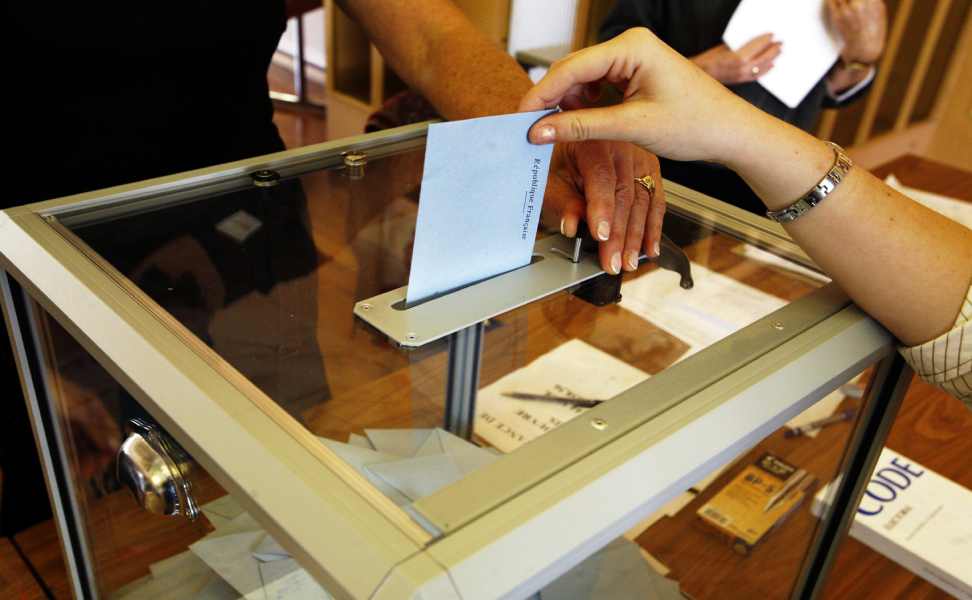Lotus299, Goldenexch, Msdexch: Voter decision-making is a complex process influenced by a variety of key factors. One of the primary factors that determines how individuals choose to vote is their political party affiliation. Research suggests that individuals often align with a particular party based on their values, beliefs, and upbringing. This affiliation can heavily influence their decision-making at the polls.
Another crucial factor in voter decision-making is candidate characteristics and policy positions. Voters tend to gravitate towards candidates who they perceive as trustworthy, competent, and aligned with their own values and beliefs. Additionally, voters often prioritize specific policy issues that are important to them when selecting a candidate to support. Ultimately, these factors play a significant role in shaping voter decisions come election day.
Cognitive Biases in Political Decision-Making
When it comes to making political decisions, individuals often rely on cognitive shortcuts known as biases. These biases can influence how voters perceive information and ultimately shape their voting behaviour. One common bias is the confirmation bias, where individuals seek out information that aligns with the preexisting beliefs and by ignoring the contradictory evidence. This can lead to a reinforcement of initial opinions rather than a thorough evaluation of all available information.
Another significant bias is ensuring an anchoring effect, where other individuals can rely heavily on the first piece of information they receive when making decisions. In politics, this can manifest as voters placing disproportionate weight on initial impressions of candidates or issues, potentially skewing their ultimate judgments. By understanding these cognitive biases at play in political decision-making, it becomes evident that voters’ choices are not always based on rational analysis but are rather influenced by psychological factors that may unconsciously shape their views and decisions.
The Role of Emotions in Voting Behavior
Aldoexch, Aaonline777, Aaonline247: Emotions play a significant role in shaping voter behavior during elections. Studies have shown that people tend to make decisions based on their emotional reactions rather than solely relying on rational considerations. When individuals feel a strong emotional connection to a particular candidate or issue, it can heavily influence their voting choices. Emotions such as hope, fear, anger, and enthusiasm can all impact how voters perceive information and make their final decisions at the ballot box.
Moreover, emotions can also affect how individuals interpret political messages and events. For example, a voter who is feeling optimistic about the future may be more likely to respond positively to a candidate’s message of change and progress. On the other hand, a voter who is feeling anxious or disgruntled may be more drawn to messages that promise stability and security. Understanding the role of emotions in voting behavior is crucial for political candidates and strategists as they seek to connect with voters on a deeper, more personal level.
• Emotions play a significant role in shaping voter behavior during elections
• Studies show people make decisions based on emotional reactions rather than just rational considerations
• Strong emotional connection to a candidate or issue can heavily influence voting choices
• Emotions like hope, fear, anger, and enthusiasm impact how voters perceive information and make decisions
Moreover:
• Emotions affect how individuals interpret political messages and events
• Optimistic voters may respond positively to messages of change and progress
• Anxious or disgruntled voters may be drawn to messages promising stability and security
• Understanding emotions in voting behavior is crucial for political candidates and strategists
How do emotions influence voting behavior?
Emotions play a significant role in voting behavior as they can shape attitudes towards candidates and issues, leading individuals to make decisions based on their emotional responses rather than logical reasoning.
What are some key factors influencing voter decision-making?
Some key factors influencing voter decision-making include party affiliation, candidate characteristics, campaign messaging, media influence, and personal experiences.
How do cognitive biases affect political decision-making?
Cognitive biases can affect political decision-making by leading individuals to make flawed judgments and decisions based on unconscious biases and heuristics, rather than objective analysis of information.
Can emotions override rational thinking in voting behavior?
Yes, emotions can often override rational thinking in voting behavior, as individuals may prioritize their emotional responses to candidates or issues over logical reasoning when making decisions at the polls.
Also Read:-
- What Is Hurawatch? Is It Safe To Use?
- Lenovo Ideapad Gaming 3 – Overview, Specification, Price
- What Is Yimusanfendi? Exploring The Best Data Gathering Tool For Information
Feature image source:- https://tinyurl.com/43e4t9sr


